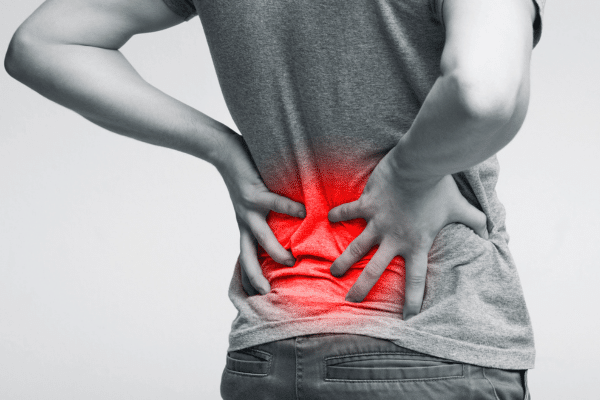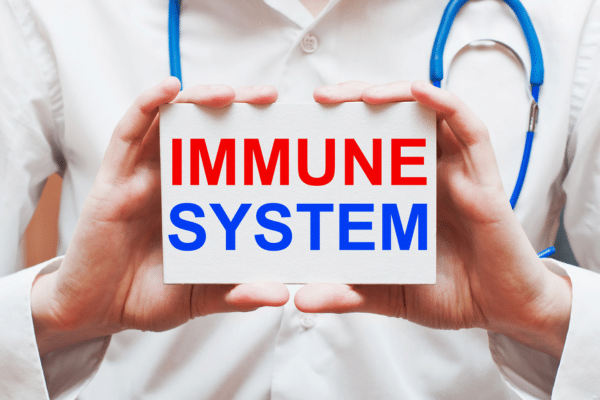Gluten, a protein predominantly found in wheat, barley, and rye, has been a staple in many diets worldwide. However, in recent years, the choice to go gluten-free has gained immense popularity. This isn’t merely a fad; there are genuine health reasons behind such decisions. For many, eliminating gluten becomes a path to a more comfortable, energetic, and healthy life. While it’s not a universal remedy, understanding the potential benefits of a gluten-free diet can help one make informed decisions about dietary choices.
Contents
Enhances Skin Health

Gluten’s connection to skin health is often underrepresented in dietary discussions. Yet, for some individuals, gluten can be an unsuspecting culprit behind several skin conditions. Inflammation, triggered by gluten intake, can lead to outbreaks of acne, exacerbate rosacea, and even spur eczema episodes. Numerous dermatologists have observed improvements in their patients’ skin health after they opted for a gluten-free diet. While not a cure-all, it’s an avenue worth exploring for those battling persistent skin issues.
A fascinating facet of this is the anecdotal evidence. Countless testimonials highlight a direct link between clearer skin and the removal of gluten from daily meals. It paints a promising picture: a dietary change might pave the way for not just healthier, but also more radiant skin. Although personal experiences vary, and it’s essential to approach such claims with a dose of skepticism, there’s growing intrigue in the potential skin benefits of a gluten-free life.
Boosts Energy Levels

Feeling frequently fatigued or constantly drained of energy? Gluten might be playing a role. For some individuals, especially those with gluten sensitivities, consuming products with gluten can result in a feeling of lethargy. This isn’t merely about the post-meal slump. Over time, this sluggishness can become a consistent aspect of one’s day, significantly hampering daily activities and overall quality of life.
On the flip side, many who’ve transitioned to gluten-free diets have reported a notable boost in their energy levels. No longer bogged down by the constant fatigue, they find it easier to engage in physical activities, maintain higher productivity levels, and enjoy a general sense of vitality. Again, while it’s crucial not to generalize, these benefits underscore the potential advantages of considering a gluten-free diet.
Improves Digestive Health

Digestive troubles are perhaps the most commonly associated issue with gluten consumption, especially for those diagnosed with conditions like celiac disease. Gluten can disrupt the digestive tract, leading to symptoms such as bloating, gas, diarrhea, and even constipation in some cases. For individuals with celiac disease, the ingestion of gluten triggers an immune response that damages the lining of the small intestine, leading to nutrient malabsorption and a host of related complications.
A gluten-free diet can be a game-changer for many facing digestive discomfort. Eliminating gluten often translates to a reduction in these unpleasant symptoms, allowing for better nutrient absorption and overall improved digestive health. Many have found solace in a gluten-free regimen, claiming a notable difference in their gut health and overall comfort.
Promotes Healthy Weight Management

There’s a growing body of evidence that suggests a potential link between gluten consumption and weight gain. Gluten-rich foods, often dense in carbohydrates and added sugars, can contribute to an excessive caloric intake. Over time, this can lead to weight gain and associated health concerns. Additionally, for some individuals, gluten can cause inflammation, which, in turn, might play a role in weight fluctuations and increased fat storage.
Opting for a gluten-free diet can provide an opportunity to focus on more nutrient-rich foods, possibly aiding in weight management. By naturally gravitating towards whole foods such as fruits, vegetables, lean meats, and dairy, one might find it easier to maintain or even shed unwanted pounds. While a gluten-free diet isn’t a guaranteed weight loss solution, it provides a platform for more mindful eating, promoting better health outcomes.
Enhances Cognitive Function

“Brain fog” is a term frequently used to describe a cluster of cognitive issues, ranging from poor memory to difficulty concentrating. While numerous factors can contribute to these symptoms, gluten is increasingly recognized as a potential factor for some. Gluten sensitivity can manifest in ways beyond digestive distress, with cognitive impairments being one of its more subtle and overlooked impacts.
Switching to a gluten-free diet has led many to report improved mental clarity and sharper cognitive functions. The absence of the persistent fog allows for better concentration, sharper memory recall, and overall improved mental performance. While more research is needed to solidify these claims, the anecdotal evidence suggests a promising connection between gluten-free diets and cognitive health.
Reduces Joint Pain and Inflammation

Joint pain and inflammation can be debilitating, affecting mobility and overall quality of life. While there are multiple causes for such conditions, dietary choices, including gluten consumption, have been investigated for their potential contributions. Inflammation in the body can be exacerbated by certain foods, with gluten being a prime suspect for some individuals. There are instances where those suffering from chronic joint pain noticed significant improvements upon eliminating gluten from their diet.
Moreover, several studies have suggested that gluten may play a role in inflammatory conditions, such as arthritis. The correlation, although not universally applicable, underscores the importance of dietary choices in managing and potentially alleviating chronic pain conditions. For those grappling with unexplained joint pain, assessing gluten intake might offer a new avenue of relief.
Strengthens Immune Function

The immune system serves as the body’s primary defense mechanism, warding off illnesses and infections. However, certain dietary elements, like gluten, can compromise its efficacy, especially in individuals with conditions like celiac disease. In these cases, the consumption of gluten triggers an autoimmune response that can weaken the immune system over time, leaving the body more susceptible to infections.
Conversely, eliminating gluten has been seen to bolster the immune system’s function for some. Without the constant autoimmune reactions triggered by gluten, the body can better focus its defenses against genuine threats. A more robust immune system means a reduced susceptibility to common ailments and potentially a faster recovery when illness does strike.
The Bottom Line
The choice to go gluten-free is deeply personal and often rooted in various health concerns. For many, the elimination of gluten has heralded improved skin health, increased energy levels, enhanced cognitive functions, and more. While not a panacea, understanding and considering the myriad potential benefits can guide individuals in making informed dietary choices. However, as with any significant dietary change, it’s essential to consult with healthcare professionals to ensure optimal health outcomes.


